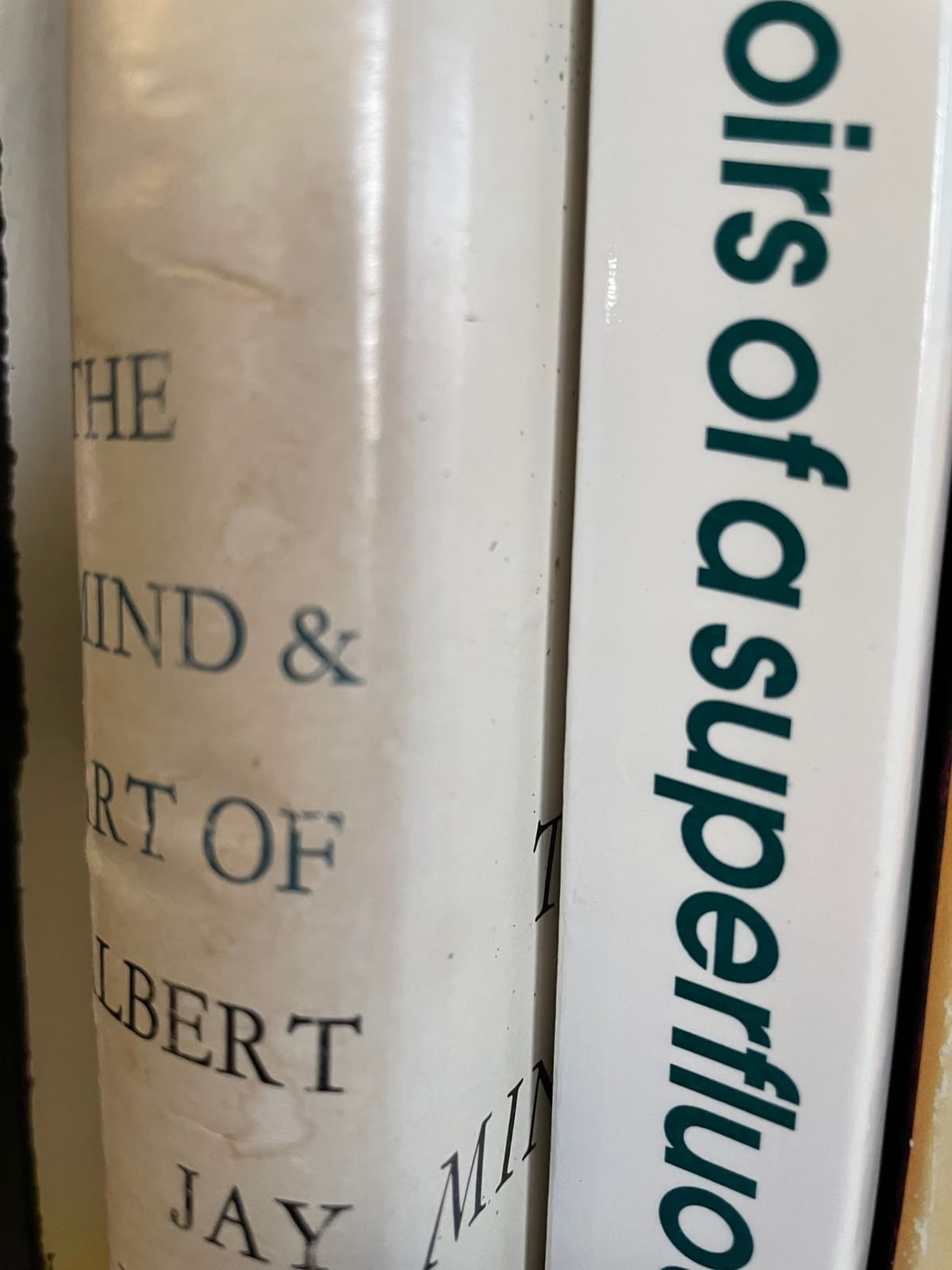Was Albert Jay Nock Like Socrates?
Nock’s Memoirs is the figurative equivalent of Socrates drinking the hemlock. But both are suicides that were necessary in light of their worldview. Nock’s Memoirs is his way of getting involved: the only way he could get involved and live true to his principles.

If you spend any time reading about Albert Jay Nock, you quickly learn two things: (1) He was an intensely private man, perhaps the most private man in the history of the United States, battling with Thoreau and Ted Kaczynski for that top spot. (2) He thought his life and his ideas were superfluous to contemporary American society and thought.
Most people seem to accept the privacy part of Nock without too much objection. Who, after all, hasn’t similarly considered retreating from the modern world as much as possible, living in a cave, like Plato’s just man in a snowstorm?
But that second Nockian trait tends to grate. Nock, many people think, should have gotten involved more and was wrong to give up. They even accuse him of simply being lazy (which might be accurate . . . I have no opinion).
Perhaps the best example of this attitude comes from Jonah Goldberg’s 2009 tribute to Nock, “Mortal Remains: The wisdom and folly in Albert Jay Nock’s anti-statism.” In this otherwise-fine piece, Goldberg asserts that “Nock’s greatest mistake lay in his fatalism.” Nock, Goldberg further complains, “bravely dissented from the overwhelming consensus that collectivism was the most desirable form of social organization. But he in effect surrendered to the same consensus that it was the ‘wave of the future.’”
Such criticism rings true, but it misses the larger Nockian point.
Such critics fail to see that Nock couldn’t have behaved any differently. Goldberg thinks he should have “gotten involved” (the popular way to phrase it, not Goldberg’s) and fight for what he thought was right, but Nock couldn’t have done that any better than Socrates could have left Athens.
Socrates was found guilty of corrupting the youth of Athens and questioning the gods. When the court asked him to propose his own sentence, he proposed that he receive free meals and, in general, be treated with great honor. The jury, indignant at the impropriety of such a proposal, sentenced him to death with a greater majority than the majority that convicted him.
While awaiting execution, Socrates’ friend, Crito, arranged for Socrates’ escape from prison and Athens in general. He would go into exile, thereby saving his life. It’s what anyone in Socrates’ position would have done and, indeed, the authorities in Athens assumed he would take this route. It would have been perfectly acceptable, and Athens wouldn’t have attempted to stop or extradite him.
Socrates declined. If he were to escape, he concluded, he would be returning evil for evil, which is unjust. Such an action would undercut everything he had been trying to teach his listeners. His escape would make him a hypocrite. His escape would make him illogical. His escape would defeat his lessons.
In the same way, Nock knew he couldn’t employ activism to resist the activism. He also, I submit, knew he followed in Socrates’ footsteps. Early in his writing career, even before he had entirely written himself off as superfluous, he wrote that Socrates had believed that “in refraining strictly from any direct political activity he and his disciples were the only real politicians of the time.” Introduction to Brand Whitlock’s Forty Years of It (1913).
Nock’s Memoirs is the figurative equivalent of Socrates drinking the hemlock. But both are suicides that were necessary in light of their worldview. Nock’s Memoirs is his way of getting involved: the only way he could get involved and live true to his principles.
Nock’s response to a United States that was going off the rails is a path that runs parallel to the paths of Martin Luther King, Gandhi, Dorothy Day, and other proponents of non-violent resistance. These people fought against a violent culture, but they knew they couldn’t use violence to resist the violence. Such an approach would violate their own principles.
People like Goldberg praise Nock for setting the stage for conservatism’s rise through the efforts of Chodorov and Buckley and others who successfully fought against (or merely successfully delayed) the rise of absolute Statism. Yet at the same time, they fault Nock for not fighting it himself.
They fail to see that Nock did fight the rise of Statism . . . by sacrificing himself, just as Socrates fought injustice by sacrificing himself. Nock was willing to acknowledge that he was superfluous. He was willing to go to his grave relatively unknown. He “was never,” Robert Thornton reminds us, “a household name even in his own lifetime,” yet we know from the likes of Mencken that he was considered one of the finest writers of his day (in an era that valued the written word far more than ours today). We know he was brilliant, and we know he was erudite, and we know he had connections, and we know he was handsome. He could have become a mover and a shaker, famous and wealthy. Indeed, his natural skills nearly made him both, merely because he wrote the things he wrote, but he never grasped either ring.
But he died neither famous nor wealthy. He died, knowing that everything he had written hadn’t made a shred of difference and not knowing whether they ever would.
And so, I would submit, did Socrates.
And neither could have done any differently.



